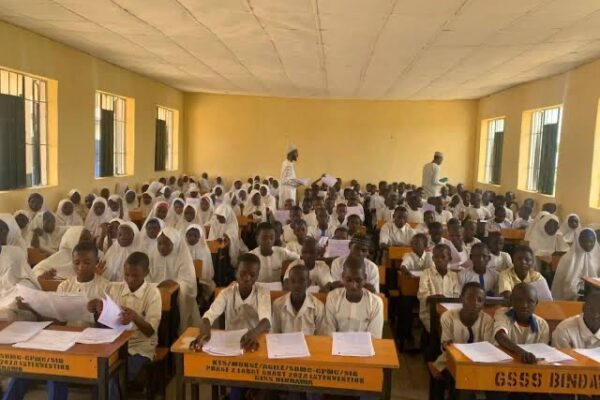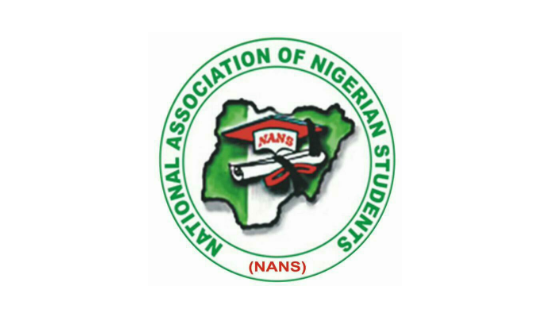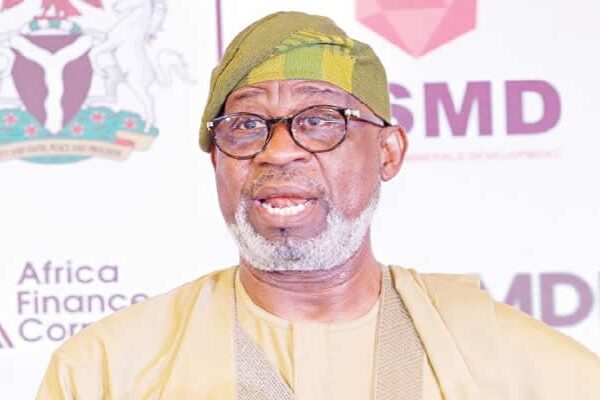The National Association of Nigerian Students (NANS) has appealed to the Federal Government to introduce compulsory drug testing for students in all tertiary institutions across the country as part of a nationwide effort to curb substance abuse among youths. In a statement signed by its President, Comrade Olushola Oladoja, NANS said the initiative would help restore discipline, enhance academic performance, and protect the future of Nigeria’s young population. Oladoja urged the government to establish a Drug-Free Campus Initiative (DFCI) in partnership with relevant agencies to tackle the growing problem of drug addiction in universities, polytechnics, and colleges of education. He described the rate of drug abuse among students as alarming, calling it a “public health crisis” that undermines education, morality, and national productivity. “Drug abuse among students is no longer an isolated issue; it has become a full-blown crisis threatening learning, safety, and the nation’s development,” NANS said. The association listed marijuana, tramadol, codeine, and methamphetamine (popularly called “ice” or “mkpurummiri”) as the most abused substances on campuses, warning that they often contribute to cultism, violence, and other social ills. “Many cases of assault, cult clashes, and unrest on campuses are linked to substance abuse. Drugs fuel aggression and moral decay among students,” the statement read. To address the problem, NANS proposed mandatory drug testing for all new and graduating students, supervised by the National Drug Law Enforcement Agency (NDLEA) and institutional health units. “All newly admitted students should undergo compulsory drug testing as part of admission clearance, while every graduating student must be tested before final clearance to ensure they leave school clean and responsible,” the association recommended. NANS also called for the establishment of Drug-Free Clubs or committees on campuses to be supported by NDLEA and student unions for awareness campaigns, peer education, and counselling. It further urged that drug education be included in student orientation programmes and General Studies (GST) courses. The association stressed that students found using drugs should be guided towards rehabilitation, not stigmatised, to allow reintegration into academic life. Oladoja reaffirmed NANS’ commitment to promoting moral integrity and discipline among Nigerian students, warning that the country’s future depends on a generation free from addiction. “The dream of a prosperous Nigeria begins with a generation of mentally sound, morally upright, and drug-free students,” he said.







